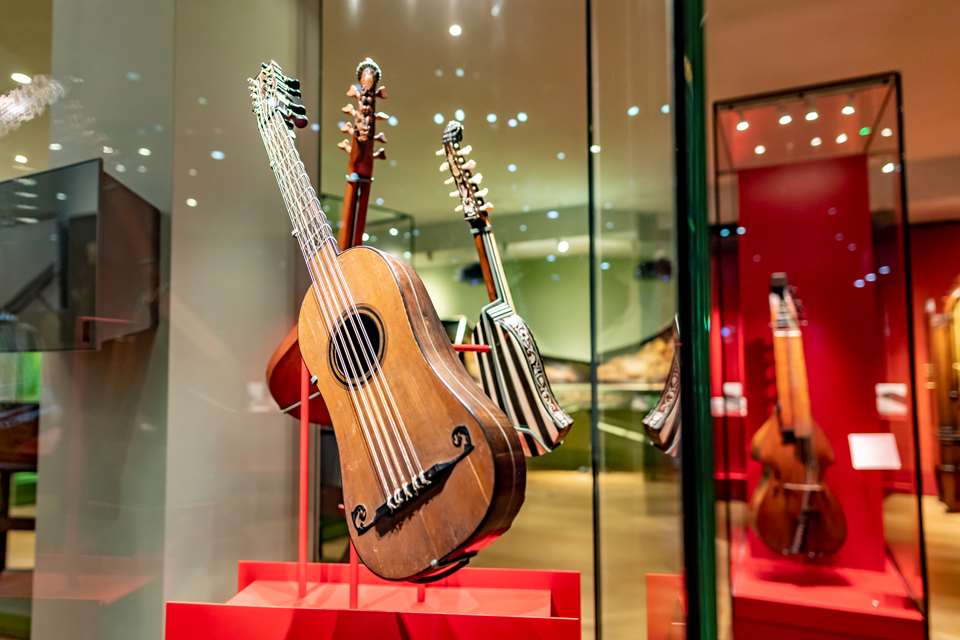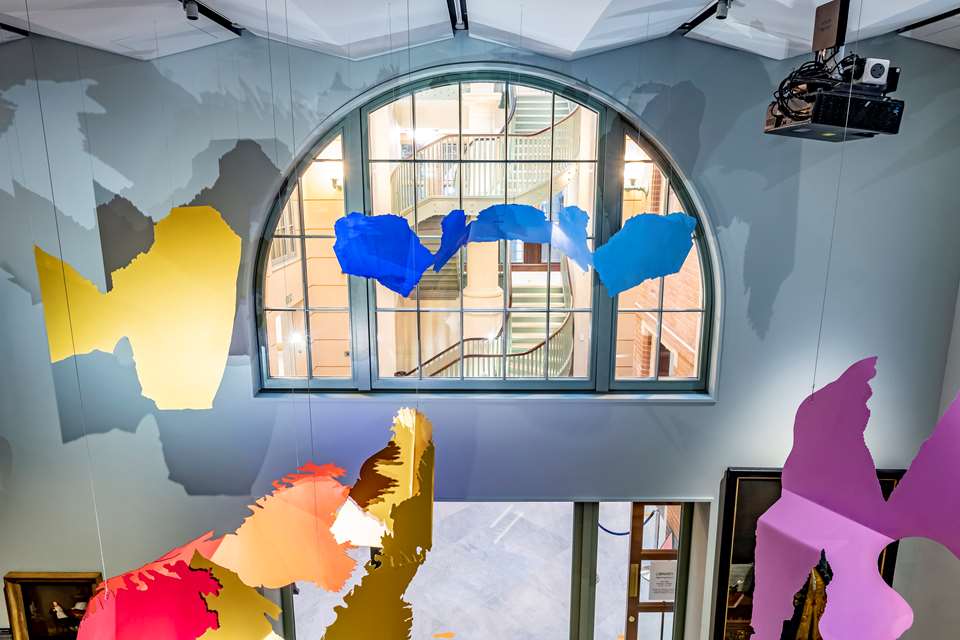A pilgrimage to Taiwan’s extraordinary instrument collection
Andrew Green
Wednesday, April 30, 2025
Tainan’s Chimei Museum houses one of the finest collections of historic violins in the world – including the instrument on which Marie Hall premiered ‘The Lark Ascending’. Andrew Green explores its wonders with museum curator Dai-Ting Chung, and considers whether increasing global political instability presents a threat to the collection


Register now to continue reading
Don’t miss out on our dedicated coverage of the classical music world. Register today to enjoy the following benefits:
- Unlimited access to news pages
- Free weekly email newsletter
- Free access to two subscriber-only articles per month


